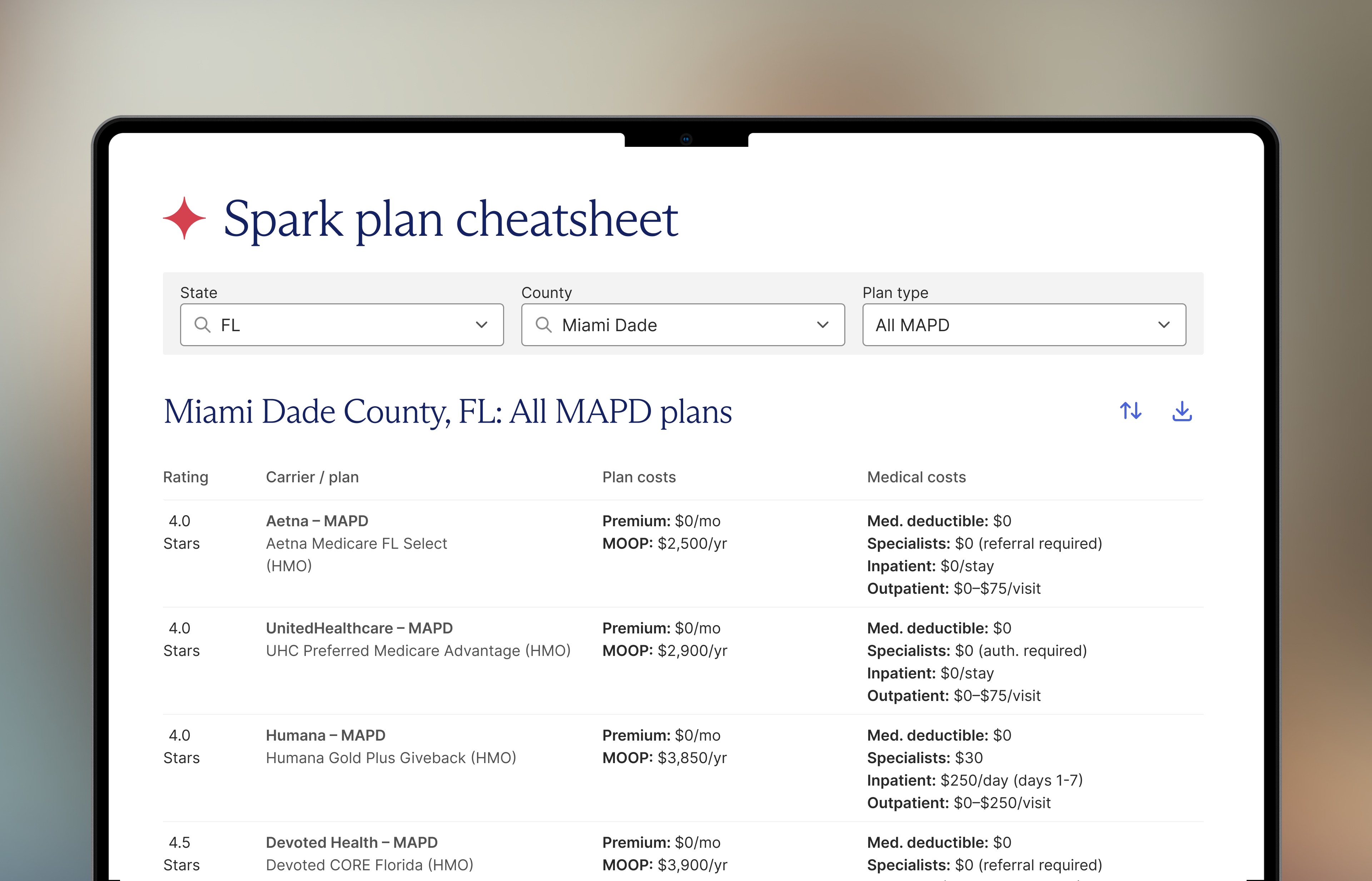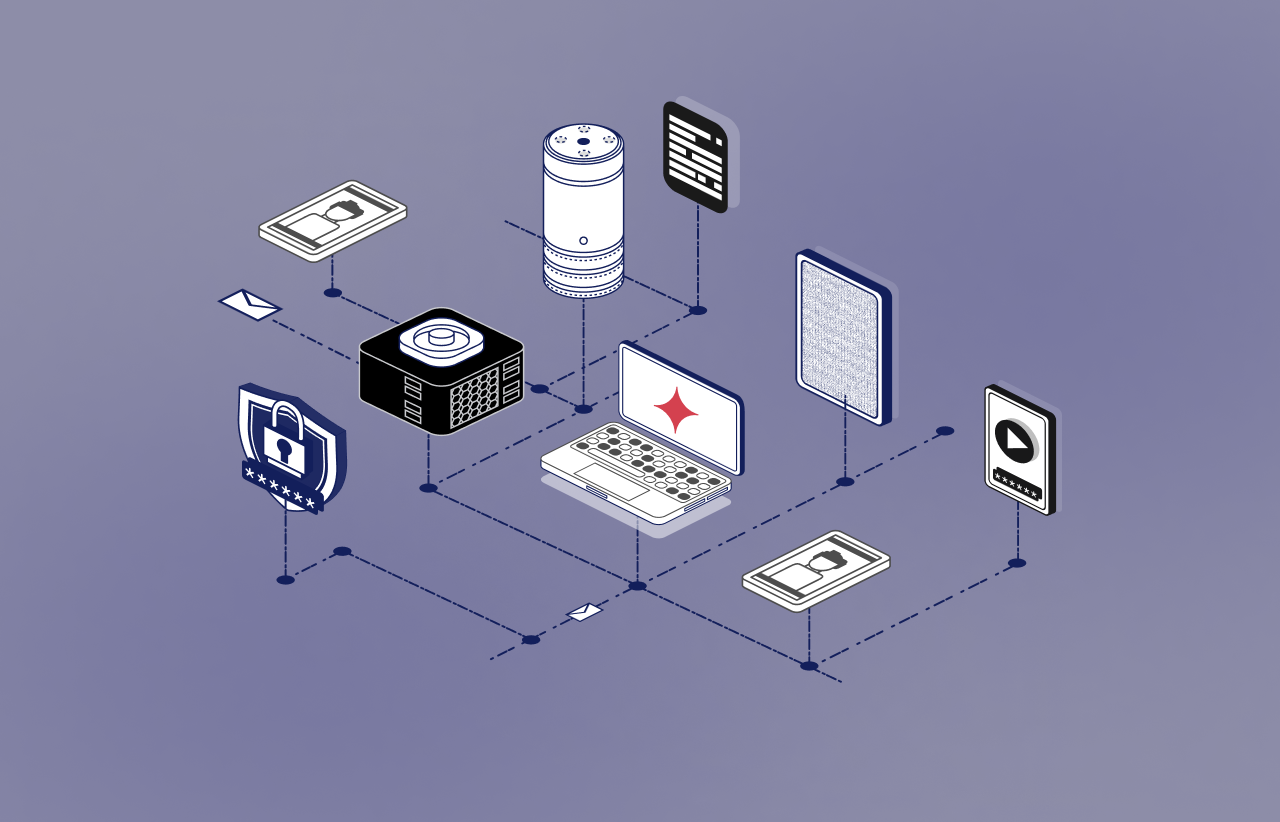At Spark, we believe that everyone should have access to Medicare guidance—-no matter their background, language, or zip code.
In a recent webinar, we invited guest speakers Rochelle Peters (Phil-Am Agency), Joel Abreu (Gold Care Insurance), and Karen Alicea (KAS Insurance Agency) for a candid conversation on a topic that’s long overdue in the Medicare space: how to better serve immigrant communities. Our speakers tackled the barriers beneficiaries face, and the real opportunities agents have to make a difference.
“This is a hard topic,” Joel admits early on, setting the tone. “But that’s exactly why we need to talk about it.”
Missed the webinar? Check out the recording and key takeaways below.
Building trust starts with empathy
Trust is everything. Serving immigrant communities isn’t just about translating your materials—it’s about understanding your clients’ lived experiences. Many face fear, misinformation, or cultural stigma when navigating healthcare, so establishing trust early on is key.
Rochelle points out that every interaction with your client is an opportunity to build trust. “I remember the first feeling I had when I immigrated to the United States. I was super overwhelmed. Everything was alien to me.” She recalls a booklet she received upon her arrival to the US, outlining helpful instructions on topics like how to get her first driver’s license. She decided to create a booklet like this for her own agency, containing useful information her clients needed.
Language isn’t the only barrier
Yes, bilingual agents are essential. But true accessibility also means simplifying processes, building relationships in community centers or places of worship, and being a visible, reliable resource. Rochelle shares that these places are the perfect opportunity to drop off a Medicare 101 booklet and other helpful educational material in the community’s target languages. Karen also reminds agents to consider their appearance and attire when engaging with the community. “Dress to impress. It’s the first impression your client will get.”
Clarify Medicare eligibility early
When working with immigrant clients, it’s important to guide them through specific residency and work requirements tied to Medicare eligibility. Know who qualifies, what to do when they have insufficient work history, enrollment options and how to support your clients who don’t automatically qualify, and other helpful resources like Medicare Savings Programs (MSP) and Low Income Subsidy (LIS).
Immigrant communities are not monolithic
Our speakers emphasize that while there are cultural sensitivities to keep in mind, every family is different. Rochelle points out that, for some families, meeting with the client in their home will mean meeting with the entire family as well, and sometimes the decision maker will be a client’s child or another family member. “We shouldn't be offended if we feel like there's a group of people that we have to talk [to].”
Leverage tech to help create a deeper connection with clients
If English is a barrier, Joel says, there are translation apps agents can use to help when having conversations with clients. “I don’t know how to speak Haitian Creole, but I’ve learned to say some words. And that helps me connect with clients.”
Spark also helps agents offload tedious day-to-day tasks, provide support in English and Spanish, and launch automated engagement campaigns so they can spend more time where it counts—in their communities.
Whether you’re already working with immigrant clients or just starting to explore outreach in your area, there’s never been a better time—or a better platform—to do this work.
FAQs
We received a lot of great questions during the webinar. Here are the answers to the top questions that people asked:
How do I build trust with immigrant clients who may be wary of scams?
Every interaction is an opportunity to build credibility. Dress professionally, speak confidently, and center the client in every conversation. Take time to learn about their cultural background to avoid missteps and show genuine respect.
What resources can I use if language is a barrier?
Many agents use translation apps to help bridge the gap when meeting with clients for whom English is a new language. Typically, if the agent explains to the client that they will be using an app to help them translate, this is received well. Family members can help translate, and Medicare booklets are available in different languages. Spark also provides marketing materials and Client Services in Spanish.
How do I start building relationships with local businesses in immigrant communities if I don’t speak the target language?
Even if you’re not fluent, your presence at local businesses, churches, or community events shows commitment. Go to culturally familiar settings like local stores or cultural events and festivals, collaborate with bilingual agents, print translated materials, and offer help in any way you can while you build language skills. Establishing trust doesn’t happen overnight, but it grows with every thoughtful interaction.
Are there any special Medicare enrollment rules for immigrants?
It’s important to guide clients through specific residency and work history requirements they must meet to be eligible for Medicare. Most immigrants must have lived in the U.S. legally for at least five continuous years and meet certain work credit requirements or pay premiums for Part A. It's essential to review each client’s situation individually and help them understand their options. Confirming documentation early in the process is key to avoiding confusion.
Follow us on Linkedin, Facebook, and Instagram to learn about upcoming webinars.


.jpeg)


.png)





.png)




.png)

.png)











.png)

.png)







.png)

.jpeg)









.png)

.png)
.png)

.png)







.png)


.png)



.png)
.png)





